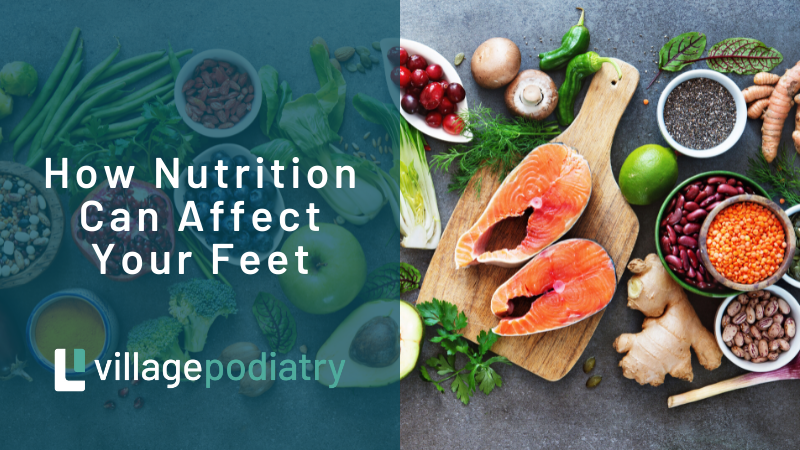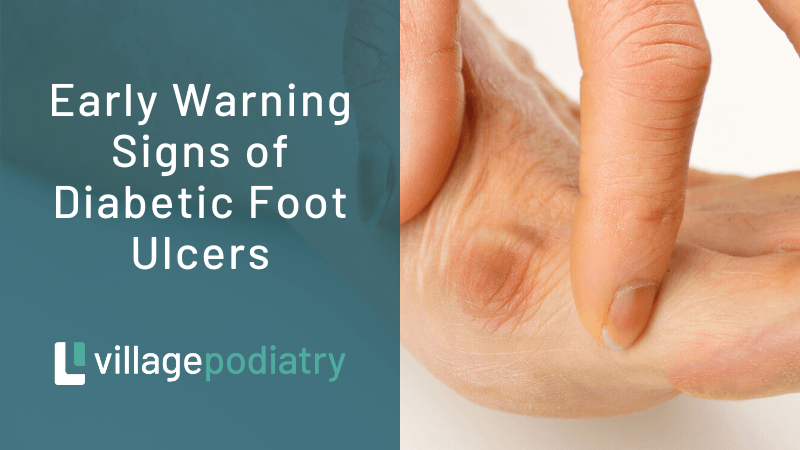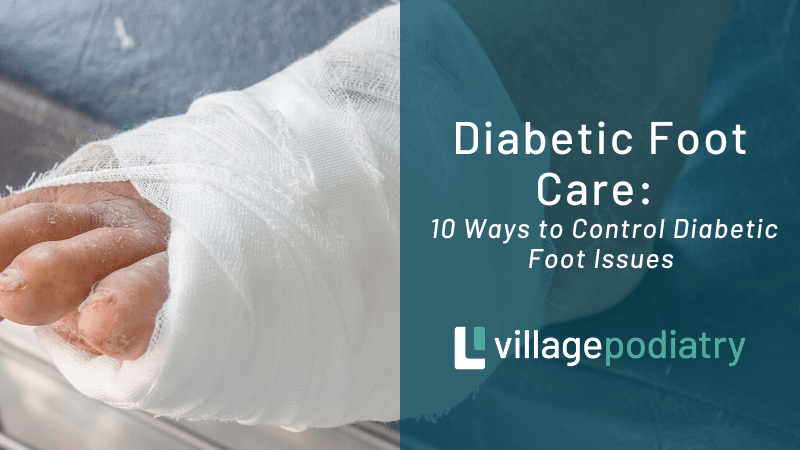How Nutrition Can Affect Your Feet

How do you keep your feet healthy? Making sure you’re getting proper nutrition is one of the easiest ways to take care of your feet. Inspecting, cleansing, moisturizing, keeping them dry, and wearing the right shoes are top ways to ensure your feet are healthy as well. You can learn how to make the right food choices to support your feet.
Practice Good Nutrition for Healthy Feet
Just like the rest of your body, your feet also flourish when receiving certain nutrients. When you choose to eat foods that support healthy feet, you’re doing what’s necessary to keep your overall foot health. Many foot-related issues can be prevented by simply consuming the proper nutrients. By integrating suitable nutrients into your everyday diet, you’re taking the proactive measures necessary to prevent yourself from being diagnosed with any number of foot problems, conditions, or diseases.
Nutrition and Foot Care Strategy
Creating a foot care strategy requires you to follow an everyday foot care routine. It also means figuring out which foods can support your good foot health. Your food choices directly impact the overall health of your feet. Your feet need certain types of nutrients to function correctly, as well as prevent injury or disease. For example, calcium supports strong bones. If you consume the right amount of calcium, you’re less likely to experience foot-related problems like osteoporosis or heel spurs.
As inflammation is the underlying cause of many foot-related problems, you must make sure you choose the best foods known to support good foot health. Common foot conditions caused by or made worse by inflammation include plantar fasciitis and Achilles tendinitis.
What are the Best Healthy Foods for Foot Health?
How can good nutrition affect foot health? Keeping solid bones, ligaments, joints, and muscles in your feet is always a goal. If you’re ready to eat for the health of your feet, you need to make sure you’re getting enough nutrients. As you’ll want to stay within your calorie intake for the day, consider choosing nutrient-dense foods.
- Protein – Protein helps rebuild the body. Lean meats, cottage cheese, and tofu are all great sources of healthy proteins.
- Vegetables – Vegetables are necessary for keeping muscles strong and helping repair muscle tissue. Raw vegetables offer the most nutrients, i.e., broccoli, and bell peppers.
- Fruits – Include antioxidants and are high in fiber. Oranges, apples, bananas, and strawberries are some of the more nutritious fruits.
- Vitamin A – Supports a healthy immune system. Carrots, sweet potato, cantaloupe, and winter squash make great vitamin A foods.
- Vitamin B – Supports good nerve health, a nutrient that’s especially important if you’ve already been diagnosed with diabetes. Tuna, eggs, and salmon are excellent sources of vitamin B.
- Vitamin C – Helps keep inflammation at bay. Oranges, tomatoes, and spinach are excellent sources of vitamin C.
- Vitamin D – Essential for strong bones and helps in improving overall muscle functioning. Salmon (nutrient-dense), mushrooms, sardines (nutrient-dense), and tuna are all great sources for consuming vitamin D.
- Calcium – Supports strong bones. Milk, yogurt, cheese, and leafy green vegetables are excellent sources of calcium.
- Omega-3 – Assists in reducing inflammation. Salmon (nutrient-dense), walnuts, eggs, and olive oil are all high in omega-3s and help combat inflammation within the joints.
- Spices – Anti-inflammatory spices include turmeric, cinnamon, and ginger.
- Antioxidants – Assists in reducing inflammation and fighting off diseases. Pecans, blueberries (nutrient-dense), and dark chocolate are top antioxidant food choices.
Foods that Affect Foot Health Negatively
How can bad nutrition affect foot health negatively? Inflammation is the underlying cause of many foot-related problems, including tendinitis and plantar fasciitis. Many foods include harmful ingredients that can cause inflammation, making it necessary for you to avoid consuming these ingredients to experience good foot health. Purine-rich foods can cause gout attacks, making it a good idea to specifically avoid organ meals, fried foods high in fat, and alcohol.
It can be difficult for many to avoid eating sweets, so consider modifying a favorite treat that doesn’t include refined sugar. Healthier sugar replacement options include honey and maple syrup.
- Refined Sugar
- HFCS
- White Flour
- Trans Fats
- Omega-6 Fats, Vegetable Oils
- Red Meat, Processed Meat
- Sodium
- Alcohol
Conclusion
Part of protecting the wellness of your feet is consuming the nutrients that are known to support healthy feet. Getting the nutrition your feet need to function starts with a balanced diet properly. Consuming nutrients that help prevent you from experiencing foot problems and assist in the healing process is easy to do and well worth the time spent.











